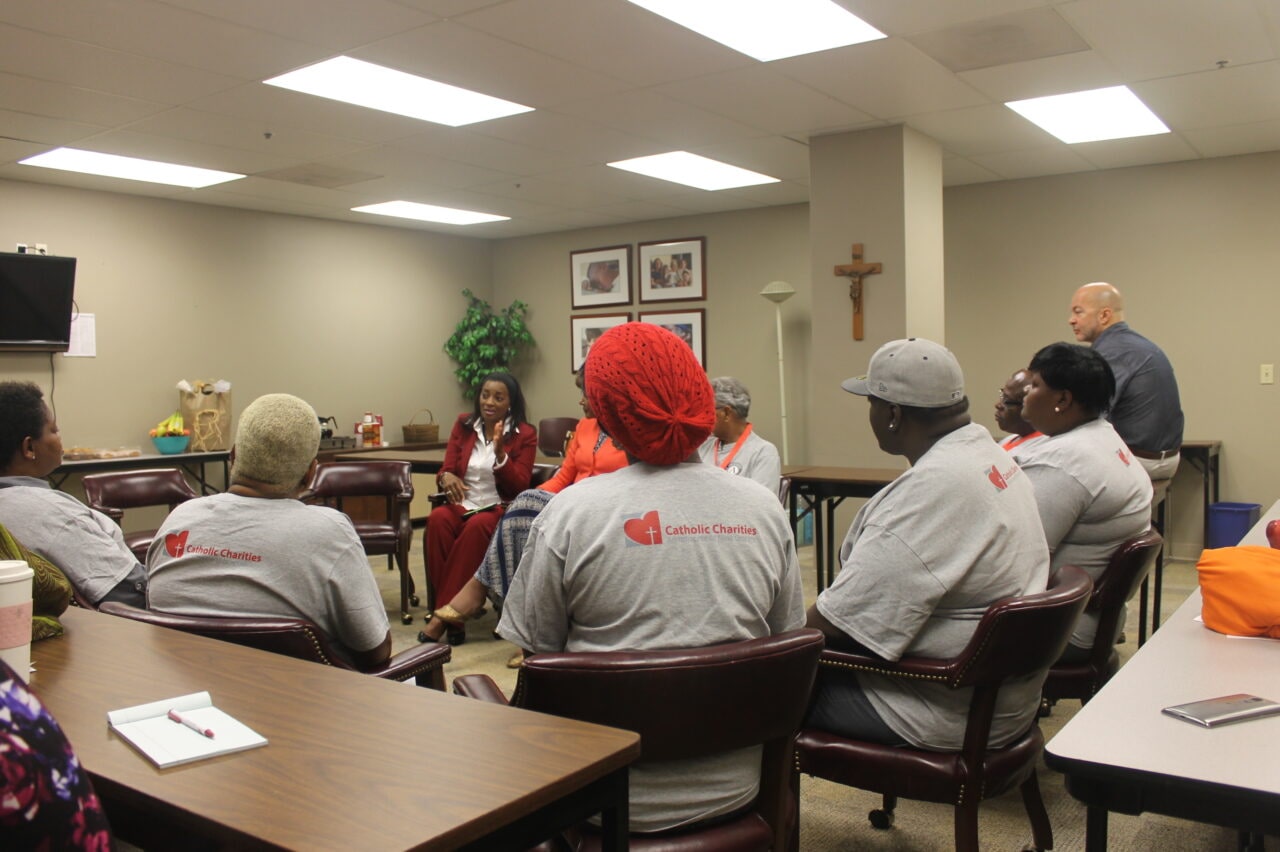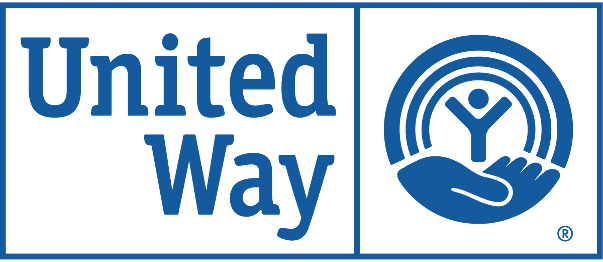Published on February 16, 2018
The W.K. Kellogg Foundation was founded in 1930 with a purpose of “administering funds for the promotion of welfare, comfort, health, education, feeding, clothing, sheltering and safeguarding of children and youth, directly or indirectly, without regard to sex, race, creed or nationality.”
Today, the Foundation works to ensure all children receive the opportunity to live a life full of quality early childhood experiences, grow up in homes with families that have stable jobs and live in a community in which they are nurtured and cared for. Their grants support a three-fold mission: thriving children, working families and equitable communities.
Catholic Charities’ Cornerstone Builders program, which is a re-entry program for formerly incarcerated men and women focused on rehabilitation through service, is grateful to be a grantee of the Kellogg Foundation.
The grant allows Cornerstone Builders to fulfill two of the Foundation’s main goals: to create working families by helping family members obtain stable, high-quality jobs and to create equitable communities by advancing racial equality and healing, developing leaders and fostering authentic community engagement.
Thanks to the generosity of the Kellogg Foundation, Cornerstone Builders has developed a Workforce Development program, which seeks to reach at least 200 formerly incarcerated individuals each year and match them with resources to help them find employment and stability.
Through word of mouth, letters from those still incarcerated, outreach efforts and more, the program finds participants and begins the process of identifying their needs. Program staff helps them reconnect with family members, enroll for SNAP and Medicaid, apply for a cell phone, find stable housing and anything else they may immediately need. Should they need it, participants can also be enrolled in counseling for substance abuse and/or mental health issues.
Then, through extensive job development training, participants work to identify the transferable skills they may have acquired while incarcerated or in their life before incarceration that can now be used in a different way. Job training also helps participants learn the soft skills needed to find and hold a job such as emotional intelligence and unspoken expectations of them in the workplace.
“These people are re-entering society with poor education rates, low literacy levels and any other number of tremendous barriers,” said Oliver Cunningham, CCANO Workforce Development Specialist. “Other people only see them as their actions – their crime – so, if they don’t have a good support system, these services are essential for them.”
According to Cunningham, navigating simple services after years in prison is a huge challenge for these individuals, who are stuck in what’s known as arrested development – they’ve physically aged, but haven’t actually ‘grown up.’ Some have spent over 50 years in prison and can’t work a cell phone, drive, use a computer or even navigate the city they used to call home.
Thanks to the generous support of the Kellogg Foundation, Cornerstone Builders is able to help these individuals on their path to self-sufficiency and work to create sustainability on a larger scale.
“It benefits the larger society to fund things like this,” Cunningham believes. “Recidivism rates would be through the roof without it. It keeps crime low and connects people to the support systems they need to be better.”






